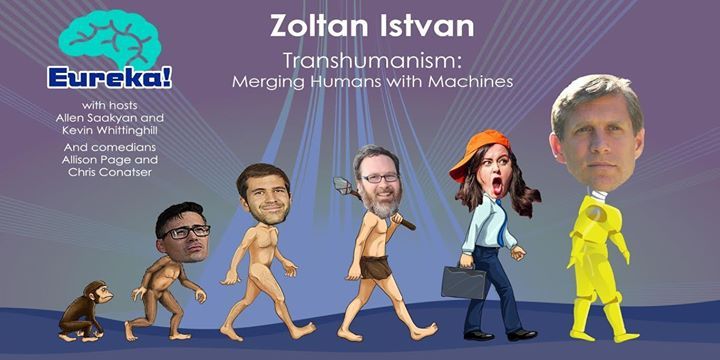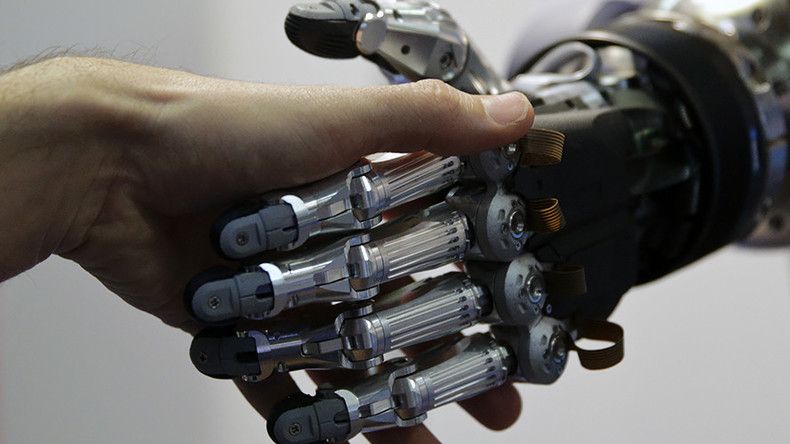This is the oldest and largest art magazine by circulation in the world. For the first time, it has #transhumanism in its search engines. A main task of mine all these years has been spreading that word and concept. My talk at #Moogfest on the Immortality Bus is covered a bit in this story.
L ast month, as bidding was underway at Sotheby’s for what would prove to be a stratospheric Jean-Michel Basquiat sale, Lonnie Holley, a 67-year-old artist who was born in Birmingham, Alabama, and has worked for decades in various folksy and homegrown modes, was preparing to take the stage at a sports bar in Durham, North Carolina. He was sitting at a table in the back, in a place that stank of burgers and beer. An audience of a few dozen had convened for the occasion, though it was hard to distinguish between Holley fans and regular denizens of the Bullpen, a joint next door to the stadium for the beloved local minor-league baseball team, the Durham Bulls. Night-game lights were bright outside. Televisions above the bar showed the Bulls making easy work of the Gwinnett Braves, in town for a weekend series from Georgia. The air was thick and languid in the way it tends to be on a deep, hot Southern summer night.
Holley is a hero to some: as an artist, he has made formidable paintings and sculptures that have been collected by the Souls Grow Deep Foundation and exhibited by museums and institutions all over, and as a musician, he has forged an unforgettable sound with a stirring voice and stewing electronics. For all his accomplishments, though, Holley remains underappreciated—certainly not as known in the worlds of either art or music as he should be.
So first came an introduction. Tim Duffy, the founder of Music Maker Relief Foundation, an organization devoted to preserving musical traditions of the South, took to a microphone and lavished Holley with praise, running down a list of laurels and markers of a legacy still in the making. “Thumbs up for Mother Universe,” Duffy said, thankful for the cosmic conception of an artist he clearly revered.
Read more









